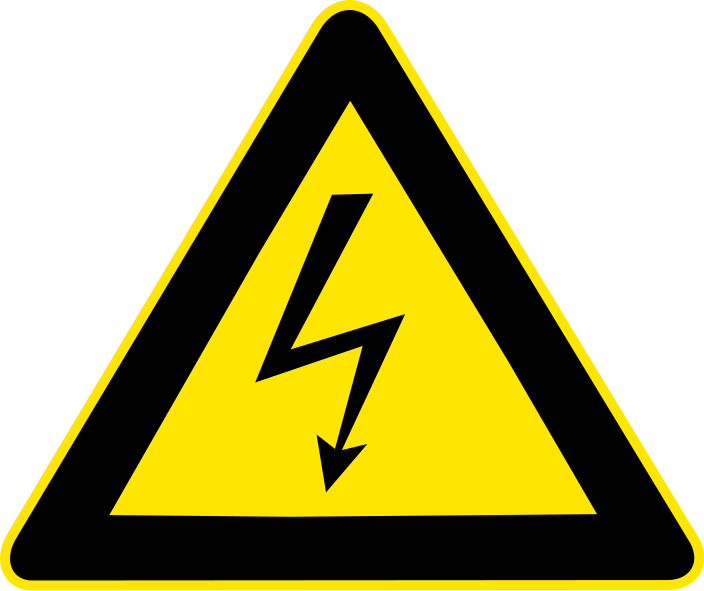Michael Thomas calls it the “tweener stage.”
It’s the phase where startups have “created some value but just a little short in terms of the resources needed to get over the hump for the next round of funding,” said Thomas, the CEO of Appian.
The Severna Park-based startup, which is making a mobile app that can detect sleep apnea, raised seed funding and received a TEDCO grant. They also gathered data from a clinical trial. But the startup needs capital to continue refining its algorithm before pursuing another investment round. A $150,000 loan they are set to receive will be “key for us” said Thomas.
The loan is one chunk of a round of $800,000 in awards doled out from the VOLT Fund. Administered by the Anne Arundel Economic Development Corporation (AAEDC), the fund is backed by revenue from video gambling machines at the state’s casinos.
AACEDA seeks companies that have created a product, and a path to at least break even in 24-36 months. In Maryland terms, AAEDC VP of Finance Steve Primosch said, you could look at the loans as post-TEDCO but pre-Series A.
“It’s really meant to start to bring [the product] to market to show that traction,” said Primosch.
The four recipients were selected from an initial 62 applicants over three phases. Incubator staff at bwtech@UMBC and Chesapeake Innovation Center advised in the judging process. Ten finalists pitched an investment committee. The four finalists stood out due to being at the right stage for the funding, and having strong teams and technology, Primosch said.
“These were the four that did really well and shined,” he said.
Companies don’t have to pay back the loans until a liquidity event such as an acquisition, or investment that is four times the amount of the loan.
Along with Appian, Vasoptic Medical received $150,000. That brings the Baltimore company’s announced total of the last two weeks to $400,000 after a second $250,000 investment from the Abell Foundation.
Also receiving $250,000 was Grip Boost. The company makes a gel that helps football and baseball gloves stay sticky.
A fourth recipient, Annapolis-based Vixiar Medical, is developing a monitoring system that monitors key metrics of congestive heart failure patients to keep them from coming back to the hospital, said interim CEO Bob Story. After early interest, the Johns Hopkins spinout is gearing up to hire staff, including a permanent CEO, and is working on validation. The company is planning on a bigger round of fundraising this year, but Story said the $250,000 from the VOLT Fund is key.
“This VOLT funding is really critical for developing all the support for that business model and for the fundraising that occurs later this year,” Story said.
These 4 companies just received bridge funding from Anne Arundel County







